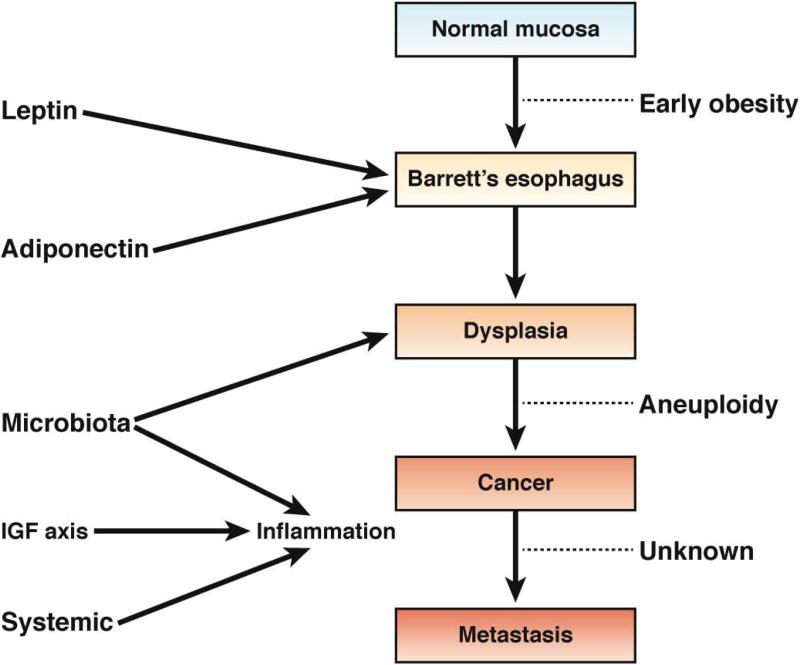Figure 4. Obesity and Esophageal Cancer Mechanisms by which obesity could contribute to carcinogenesis in the esophagus.
In early stages of obesity, leptin and adiponectin contribute to the frequency and development of BE. The transition from benign metaplasia to dysplasia is thought to be partially mediated by changes in the microbiota, in addition to an acid environment. Development of aneuploidy and subsequent cancer have been associated with chronic low-grade inflammation and altered levels of IGF1. It is not clear whether obesity contributes to metastasis of esophageal cancer.

